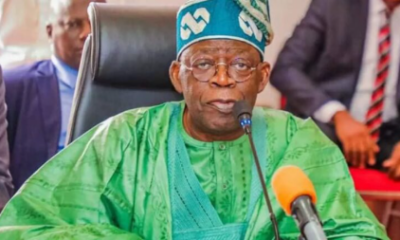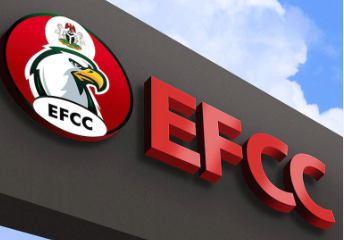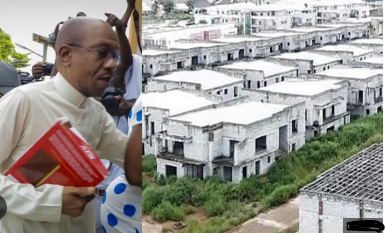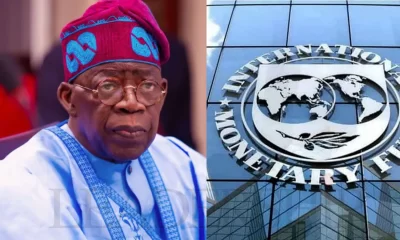By ODUNEWU SEGUN
THE corporate tribulations of Nigeria that began with a slide in oil prices and accelerated after the imposition of capital controls have seen several high net worth corporate bodies withdrawn their investment from the country, sighting high cost of doing business in Nigeria.
Since the crisis started, investments in billions of dollars have either been moved out completely to other African countries or delayed pending when the situation will improve.
Portfolio investors including Aberdeen Asset Management Plc and Ashmore Group Plc, which together oversee about $450 billion of assets, have retreated from the Nigerian markets.
National Daily gathered that big companies such as Honeywell flour mills, Guinness Nigeria, Lafarge, Unilever, First Aluminum, AIICO, Cadbury and several others posted huge decline in profits in the past one year.
According to Alexa Lion, a senior analyst at Washington-based Frontier Strategic Group, multinationals are all concerned by the state of Nigeria’s economy. He said sentiment has worsened with a growing anxiety.
Truworths International Ltd., a South African clothing retailer, last month gave up. It closed its last two outlets in the country, in the southeastern cities of Enugu and Warri. The company said the import and foreign-exchange restrictions caused it to throw in the towel.
“We were happy to lose money for a few years while we developed the business and opened new stores,” Chief Executive Officer Michael Mark said in an interview. “The straw that broke the camel’s back was not being able to get stock into Nigeria. You can’t have a clothes shop with no clothes. With all the other things, it just wasn’t worth it. It was impossible to do business.”
ALSO SEE: $22 million round tripping: CBN debunks allegation against Aisha Buhari
Also, Clover, a South African beverage line responsible for the production of Tropika fruit recently said it was withdrawing future investments in the Nigerian market. The company said it would be looking to the rest of south eastern Africa for future investments.
With foreign direct investment at its lowest since the 2008-09 global financial crises, Nigeria’s appeal for foreign investment has faded. As Nigeria lags, other countries in sub-Saharan Africa have gotten more appealing. Last month, Nigeria fell from first to fourth, behind Ivory Coast, Kenya and Tanzania, in a ranking of business prospects by the research unit of Nielsen Holdings Plc.
However, some investors pointed out that despite the economic crisis, Nigeria is too big to be ignored. “It’s an immense market,” said Geoffrey White, CEO for Africa at Kuwait-based Agility Public Warehousing Co K.S.C., which plans to spend hundreds of millions of dollars building four warehouse and logistics parks in Lagos and the capital Abuja by 2020.
“You can’t really have an African policy without having Nigeria high up on the list.”
For Frontier Strategy Group’s Lion, Nigeria is too important for foreign companies to exit en masse.“But a lot will depend on what happens with the currency,” she said. “For now, the opportunity cost of not being there is too high. That could change if the currency situation worsens. It’s definitely a pivotal time.”
They argued that there is the need to revisit the currency policies which has pegged the naira at N197 to a dollar since March, 2015. Bruno Witvoet, the Africa President of Unilever, whose Nigerian subsidiary has seen its shares plunge 31 percent since Buhari came to power, said it would be “very insane” for the country to persist with the currency policies. Nestle SA says its local unit, which has fallen 18 percent in that period, has had to widen the number of banks it uses so that it can access enough foreign exchange.

 Health5 days ago
Health5 days ago
 Entertainment7 days ago
Entertainment7 days ago
 Education7 days ago
Education7 days ago
 Crime5 days ago
Crime5 days ago
 Health7 days ago
Health7 days ago
 Comments and Issues6 days ago
Comments and Issues6 days ago
 Football6 days ago
Football6 days ago
 Latest6 days ago
Latest6 days ago













